The Republic wasn’t working

Every Star Wars fan assumes that the Empire just doesn’t work as a form of government, but judging from the prequel trilogy, what came before wasn’t much better. Democracy moves so slowly under the Republic that it makes little difference. The strength of the Empire, meanwhile, is that it’s centralized, and can move swiftly to end smaller conflicts within the galaxy.
The Jedi were no longer doing their jobs

Pre-Empire, the Republic instead relied on the Jedi council to keep the peace. Yet even at the height of their power, these lightsaber-wielding space wizards numbered only in the thousands, meaning they couldn’t possibly be everywhere to solve crime and keep chaos from breaking out across the galaxy. Not only that, but in the prequels, even the Jedi themselves admit that their powers have diminished.
The Empire is a meritocracy

Anakin Skywalker began as a literal child slave, whilst son Luke was a humble moisture farmer. It’s suggested that the Rebels will provide them with both opportunities and a family. In fact, it’s actually the Empire who are more likely to give them a purpose in life. Han Solo, for one, started out in an Imperial training academy, which rewards hard work and promotes advancement.
They ended the chaos of the Clone Wars

The best thing about the Republic is that it was peaceful. Unfortunately, that calm climate promoted self-interest and complacency, rather than actively making life better for citizens. By contrast, the Empire manages to end one of the most devastating conflicts the galaxy has ever seen, one that both the Jedi and the Republic failed to resolve: the Clone Wars.
The Trade Federation was becoming too powerful

The Republic failed to realize just how powerful the corporate interests of the galaxy were. Their shunning of the Outer Rim only made the Separatists believe that war was the only option. However, the Empire kept the galaxy’s corporate sector happy with lucrative contracts, whilst also stopping corporate interests from ever eclipsing the government’s own power, both legally and militarily.
They boosted the galactic economy

After the Clone Wars, the Empire immediately set about giving normal working people a focus again in the wak of the Trade Federation’s collapse. Almost all Imperial ships and weapons were created by new companies the Empire founded, creating countless jobs and bringing wealth to new sectors and planets, whilst giving everyone an opportunity to take part and advance if they wished.
The Empire isn’t as brutal as it seems

The destruction of Alderaan is usually taken as definitive proof of the Empire’s villainy – but was it really without justification? Leia herself says the planet is peaceful and has no weapons – but everything she says whilst in Imperial captivity is a lie, designed to keep Vader from uncovering the Rebellion. It’s not unreasonable, then to assume that Alderaan was in fact armed and dangerous.
Life under the Empire could actually be pretty fun

We assume there are few job options available under the Empire beyond Stormtrooper, but actually there are still career paths open for those who prefer a more laidback life. In fact, for most citizens of the galaxy, life was probably pretty similar under both Republic and Imperial rule. Most people are left to do their jobs and can spend their free time however they want.
Even Palpatine wasn’t totally evil

Despite appearances, Palpatine isn’t just a one-dimensional bad guy. He had contingency plans to protect the people of the galaxy from future threats, ones the Jedi couldn’t see and the Republic couldn’t possibly fight. Palpatine foresaw the arrival of such foes as the Yuuzhan Vong, and made plans to protect his people from them. Would he do that if he didn’t care about his subjects?
The Empire makes the galaxy safer

Palpatine’s willingness to prepare for threats that would emerge long after he was no longer around should be evidence that the Empire was truly committed to making the galaxy safer. With that said, the regime was committed to eliminating crime on many levels, as seen by their persistent and successful attempts to curb the power of the Hutt family – a criminal group involved in smuggling, trafficking, and worse.
There’s no progression as a Jedi

The Jedi are essentially the mythic heroes of the Star Wars universe – but not just anyone can join their ranks. The Jedi are such elitist sticklers for the rules that many talented and force-sensitive people never got the opportunity to become Jedi, or were kept from becoming masters if they were allowed to train. It’s really no wonder Anakin felt they were holding him back.
The Empire introduced universal currency

The Imperial system of centralized government is taken as inherently a bad thing, but this overlooks some of the clear benefits of such a system. For one: centralized currency. The use of Imperial credits across star systems means that certain civilizations don’t see their economy crash thanks to a weak exchange rate, and cannot be taken advantage of by stronger planets in terms of trade.
The Jedi are accountable to no one

Despite being officially a religion, the Jedi actually function more like a special branch of the military. Though they wield massive power, they are not democratically elected, and the process of choosing who is on the Jedi council is even more obscure. If they wanted to influence Republic policy, they would have the numbers, the power and the Jedi mind tricks to do so.
The Empire is full of people passionate about peace

We’re led to believe that The Empire and all their members are determined to ruin the galaxy – but most are just ordinary people. Indeed, some high-ranking Imperialists are determined to bring about peace and justice for the planets under their care, and are willing to go above and beyond their orders when it comes to serving their subjects.
The Emperor does away with clones

At first glance, it seems like both the Empire and the Republic are equally reliant on clones for their forces. Yet rather than clone more troops, the position of every second-generation Imperial stormtrooper was filled by a human volunteer. Even though the human stormtroopers were slower and more disobedient, The Emperor chose them over clones, preferring a willing army who truly believed in the cause.
The Empire brought about a technological revolution

As the Republic followed outdated rules, it’s not surprising that the galaxy under its rule was lacking technologically. By contrast, the Empire constantly pushes to advance on a technological basis, both out of necessity and as a point of pride. The construction of superweapons like the Death Star, plus advances in intergalactic communications provided millions of jobs, facilitated more trade, and created a safer galaxy.
It could have developed even more incredible technology
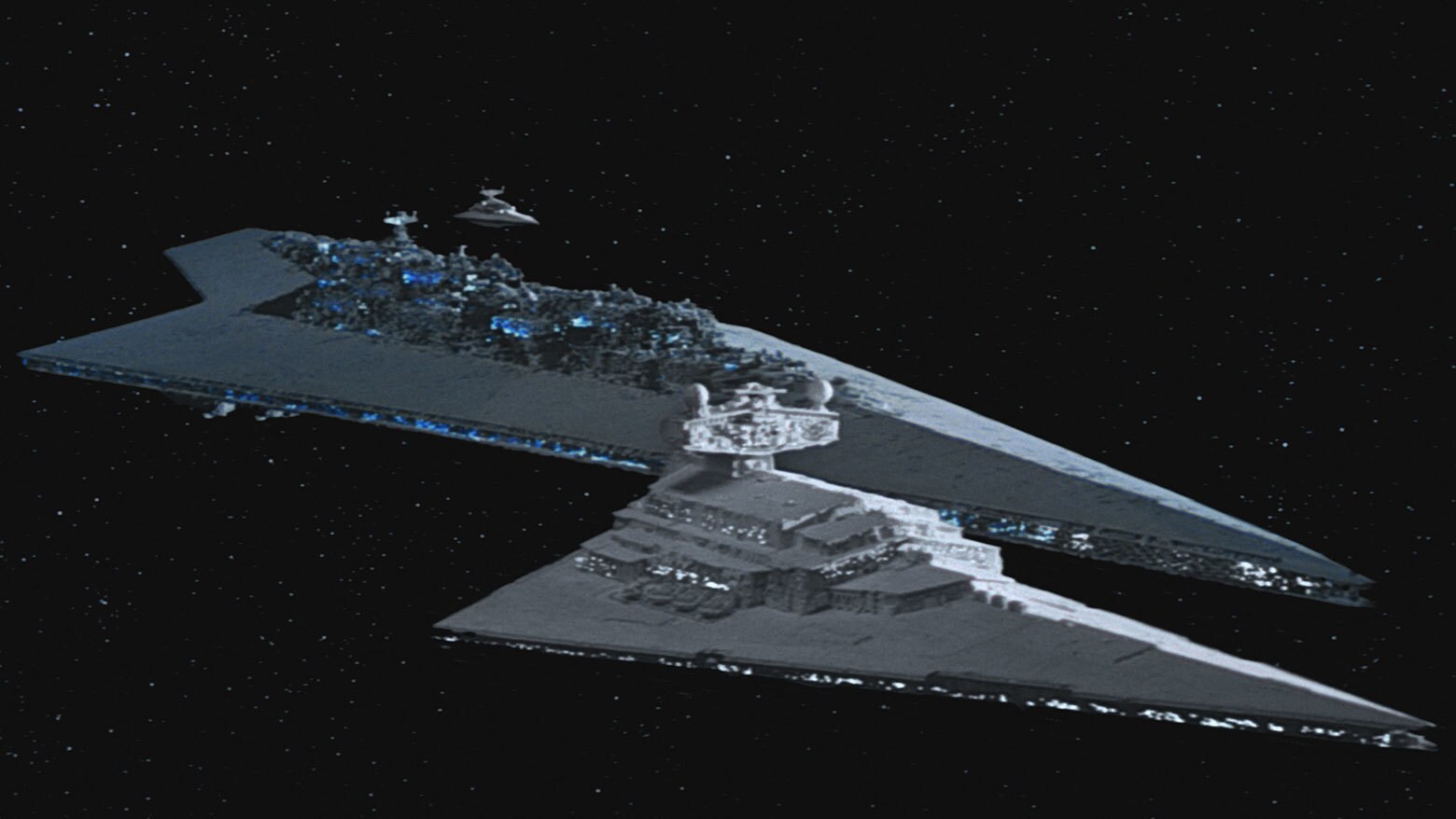
Between the awe-inspiring ships of the Imperial fleet and the Death Star, it’s clear that the Empire’s ability to technologically innovate is almost limitless. If it hadn’t been for the Rebellion constantly posing a threat, the Empire would have been able to direct its engineering prowess towards technologies that could have vastly improved life for the citizens of the galaxy.
The Rebellion didn’t have galaxy-wide support

There are countless planets in the galaxy, all of whom are apparently being crushed by the Empire – but if the Empire is really so terrible, why wouldn’t more people support the Rebellion? The fact that barely any planets were willing to help even indirectly implies that many were happy with the status quo, and actively preferred it to the insurgent rebel forces.
The Empire coexists peacefully with aliens

There’s no doubting the fact that the Empire is pretty human-centric, whilst the Rebellion and the Republic seem to have more aliens on staff. However, unlike with the Republic and the Jedi, we never see the Empire attempt to mind trick an entire alien civilization simply in order to bring them on-side (see: the Gungans).
The morality of the Jedi creates villains

There’s so much evidence of the fact that the Jedi code inevitably leads to suffering. By creating a religion which says emotion is to be feared and suppressed, reactionaries like Darth Vader are inevitable. Not only that, but the Jedi create such a climate of fear that even when Anakin is uncertain of the path he should take, he dare not discuss it with Obi-Wan.
The Rebellion sees alien species as expendable

More than fighting wars on their planets and mind-tricking aliens to their cause, the Republic and Rebellion actively made life dangerous for other races. Take the Ewoks of Endor, who had been left alone with no harassment from their Imperialist occupiers until the Rebels showed up, brought the fight to their doorstep and essentially forced them to join in the war.
The Empire brought order to lawless planets
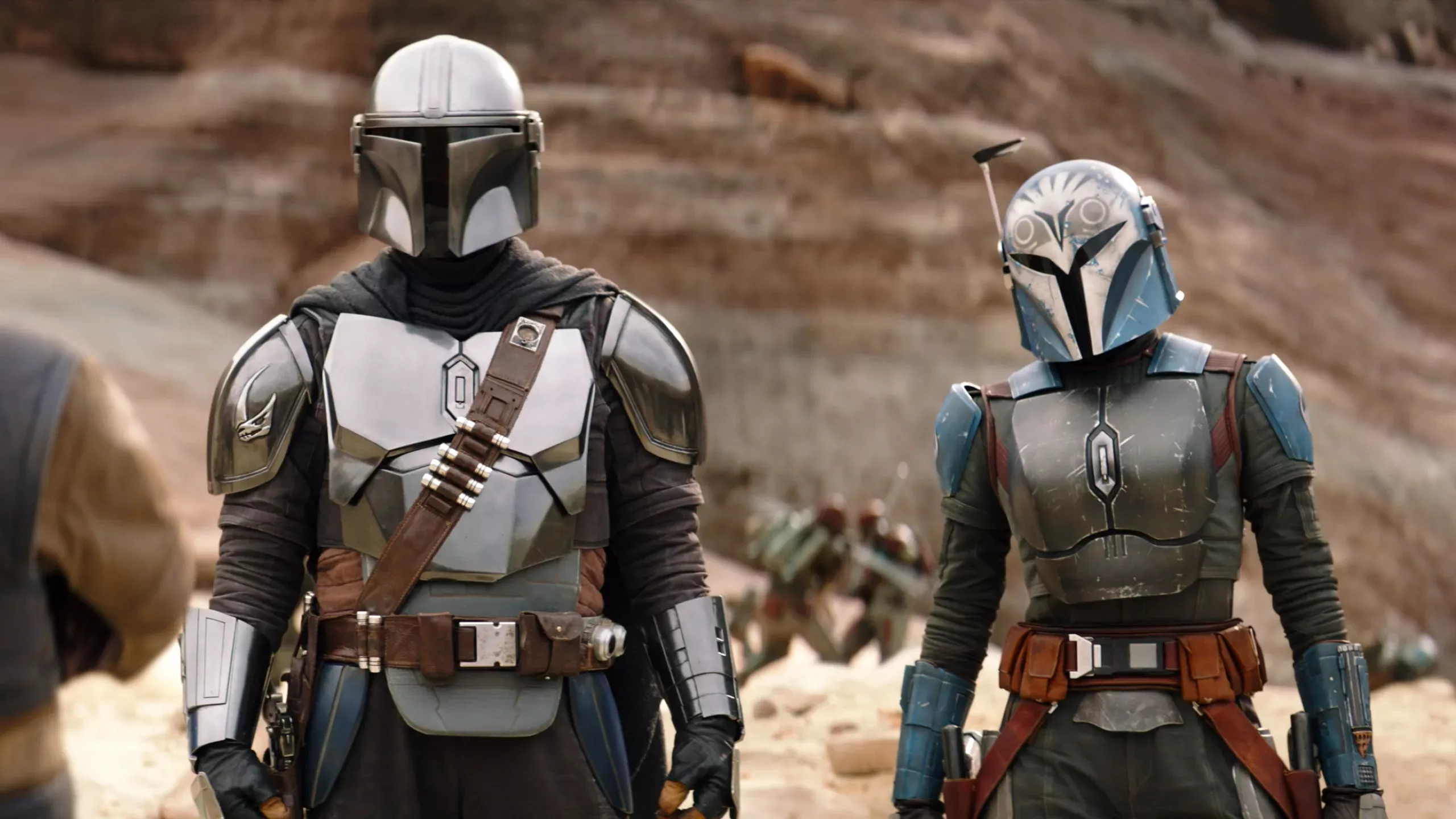
Under the rule of the Republic, the planets of the Outer Rim were hives of lawlessness and chaos, giving fugitives an ideal place to hide from the authorities. This all changed with the ascendancy of the Galactic Empire, which made strident efforts to bring the Outer Rim planets into its sphere of control, restoring law and order in places that had previously been run by criminals.
They had a self-limiting form of governance
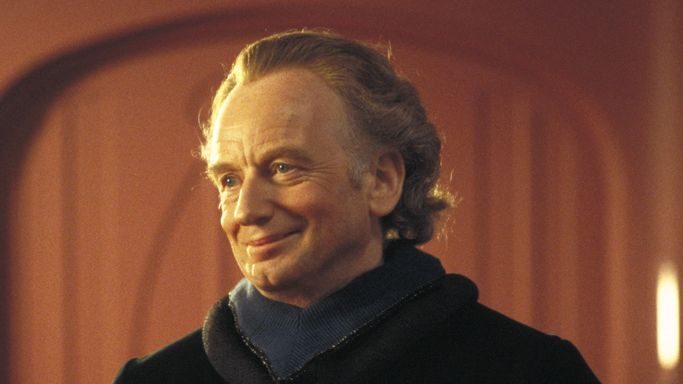
One of the many problems with the Jedi Order was its refusal to impose limits on itself; any child with a high enough midi-chlorian count was a potential candidate to become a Jedi. The Sith, however, strictly obeyed the Rule of Two, which stipulated that there could only ever be two Sith Lords in existence at any one time, demonstrating an understanding of the importance of checks and balances.
They provided a stable government
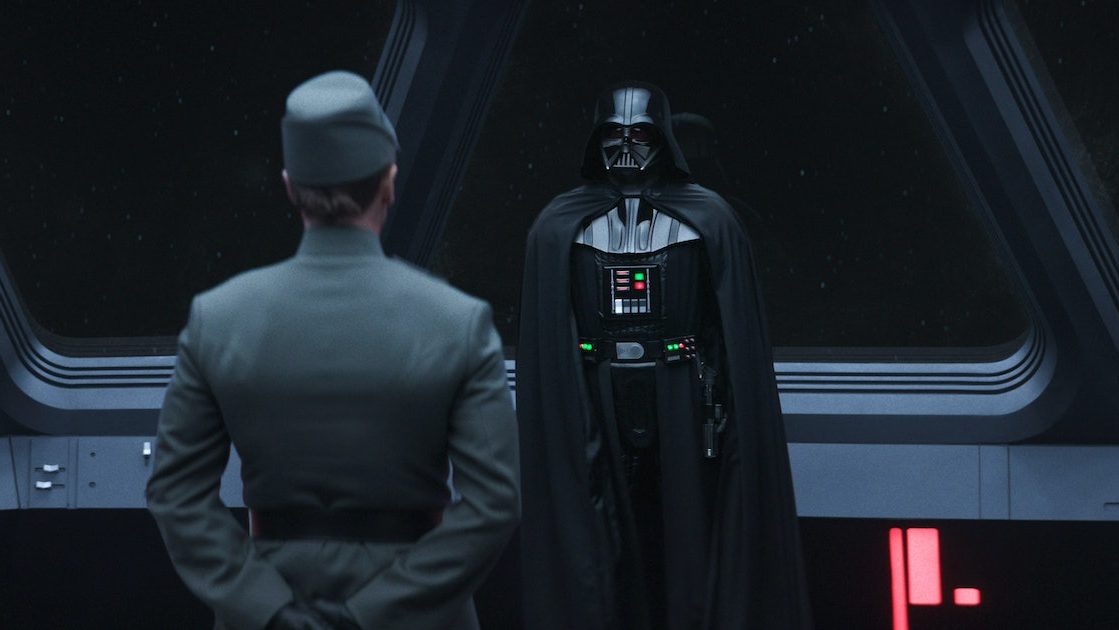
If you had to pick one adjective to sum up the rule of the Intergalactic Republic, it would probably be ‘chaotic.’ Thanks to rampant corruption and a bloated, ineffective senate, the Republic rarely managed to actually get anything done, which frequently led to outbreaks of violence. The Empire, meanwhile, is able to provide a stable, competent and highly efficient form of government.
Palpatine had the necessary resolve
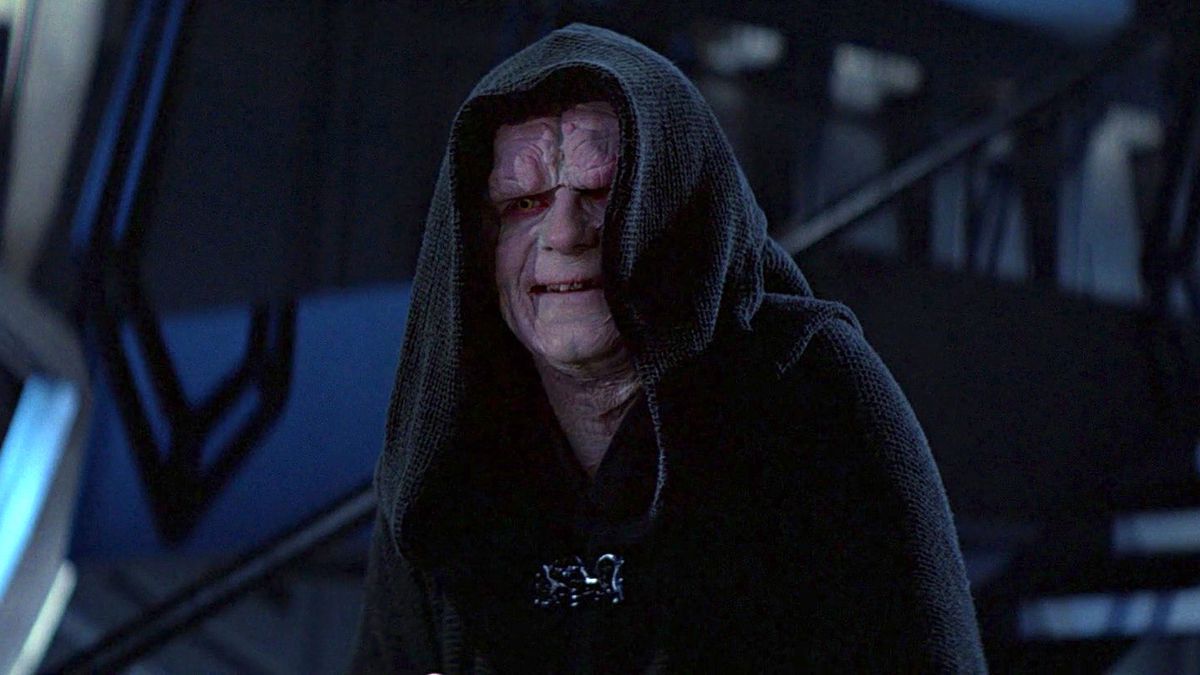
Governing an entire galaxy is a difficult job, and one in which it’s impossible to keep your hands clean. Rebellions and uprisings weren’t just a problem for the Empire – the Galactic Republic faced them too – but Palpatine was the only leader with the resolve to take the harsh but arguably necessary measures to restore peace.
Even some of the Jedi realized Palpatine had a point
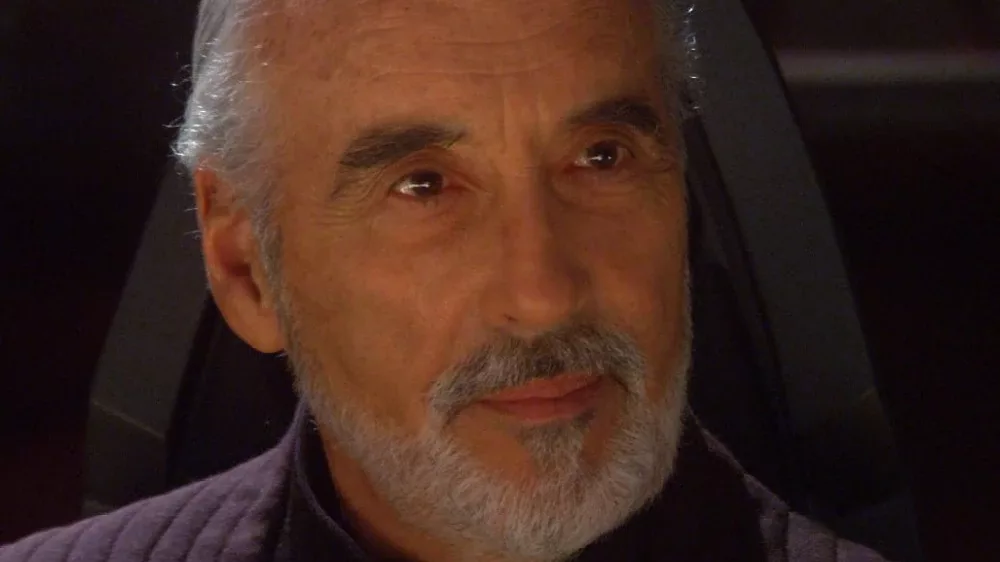
While most of the Jedi were so caught up in their self-righteousness that they couldn’t see the cracks that were forming, a few – such as Count Dooku – could. Dooku saw the dangerous path that the Jedi were going down, and allied with Palpatine in an attempt to save the galaxy. Since Dooku was widely known for his wisdom, his shift in allegiance is telling.
The Emperor was great at planning
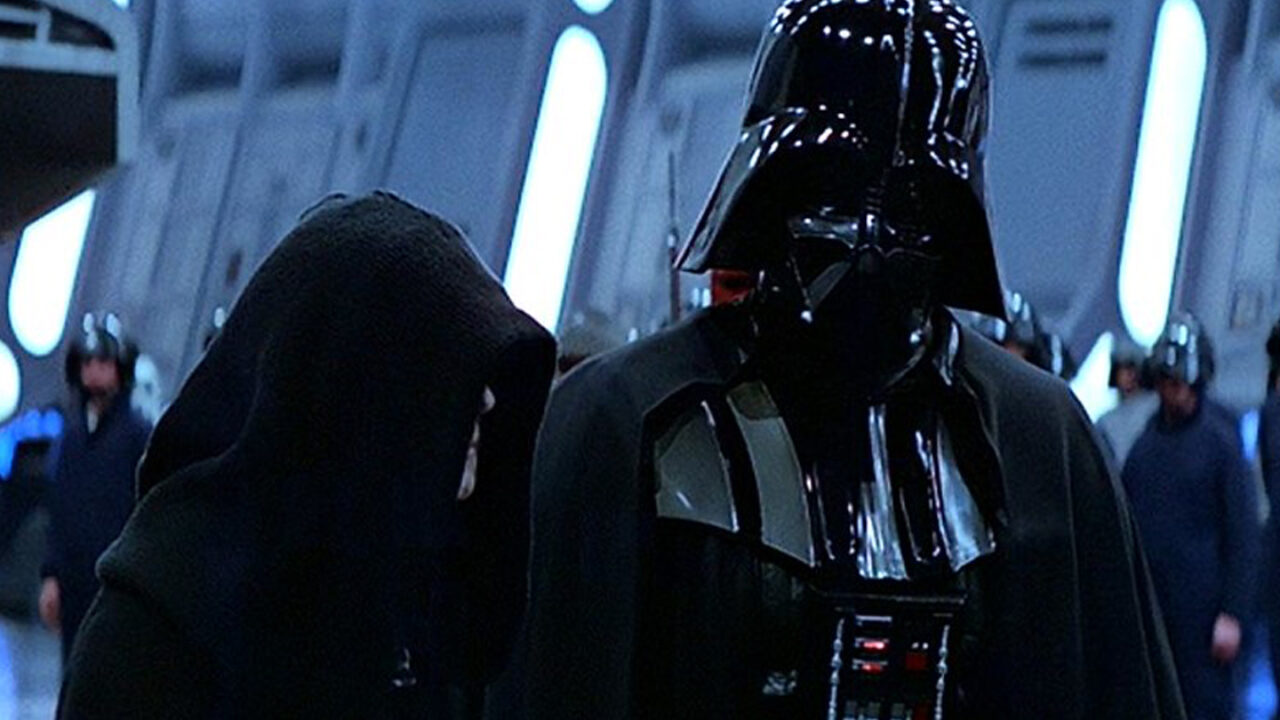
While his methods were certainly questionable, Emperor Palpatine’s scheme to take over the galaxy was pure, unadulterated genius. The patience, intelligence and foresight that Palpatine demonstrated are all qualities that make for an excellent leader, one uniquely suited to the almost inconceivably complex task of running an entire galaxy.
They weren’t corrupt
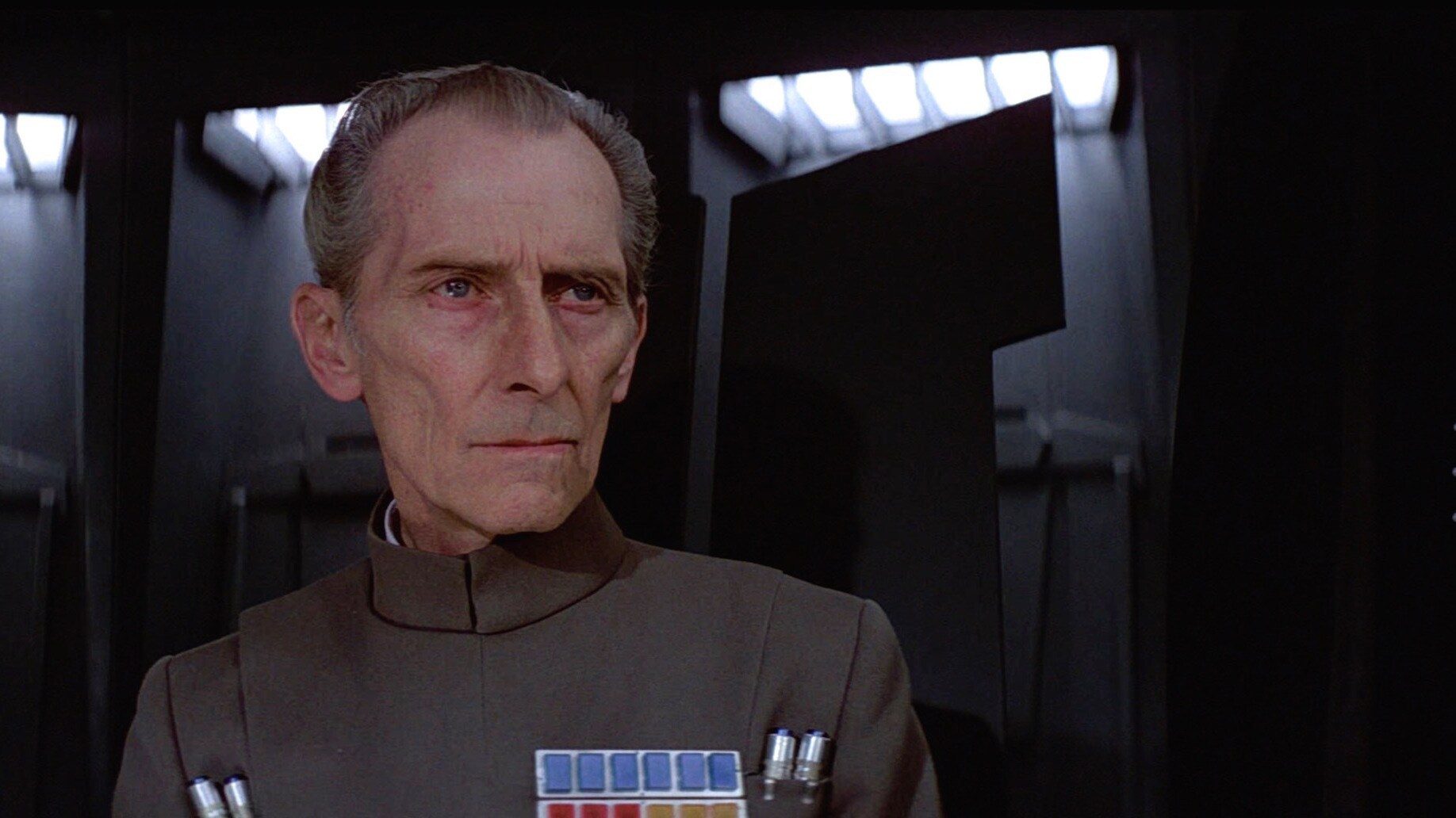
One of the Republic’s many problems was that it was rife with corruption, which constantly hindered its ability to actually govern. The Empire had no such issues, given that it was run by a single person who wielded absolute power, supported by a military that was singularly devoted to the Empire’s goals and vision.
Republic policy was influenced by Jedi prophecies
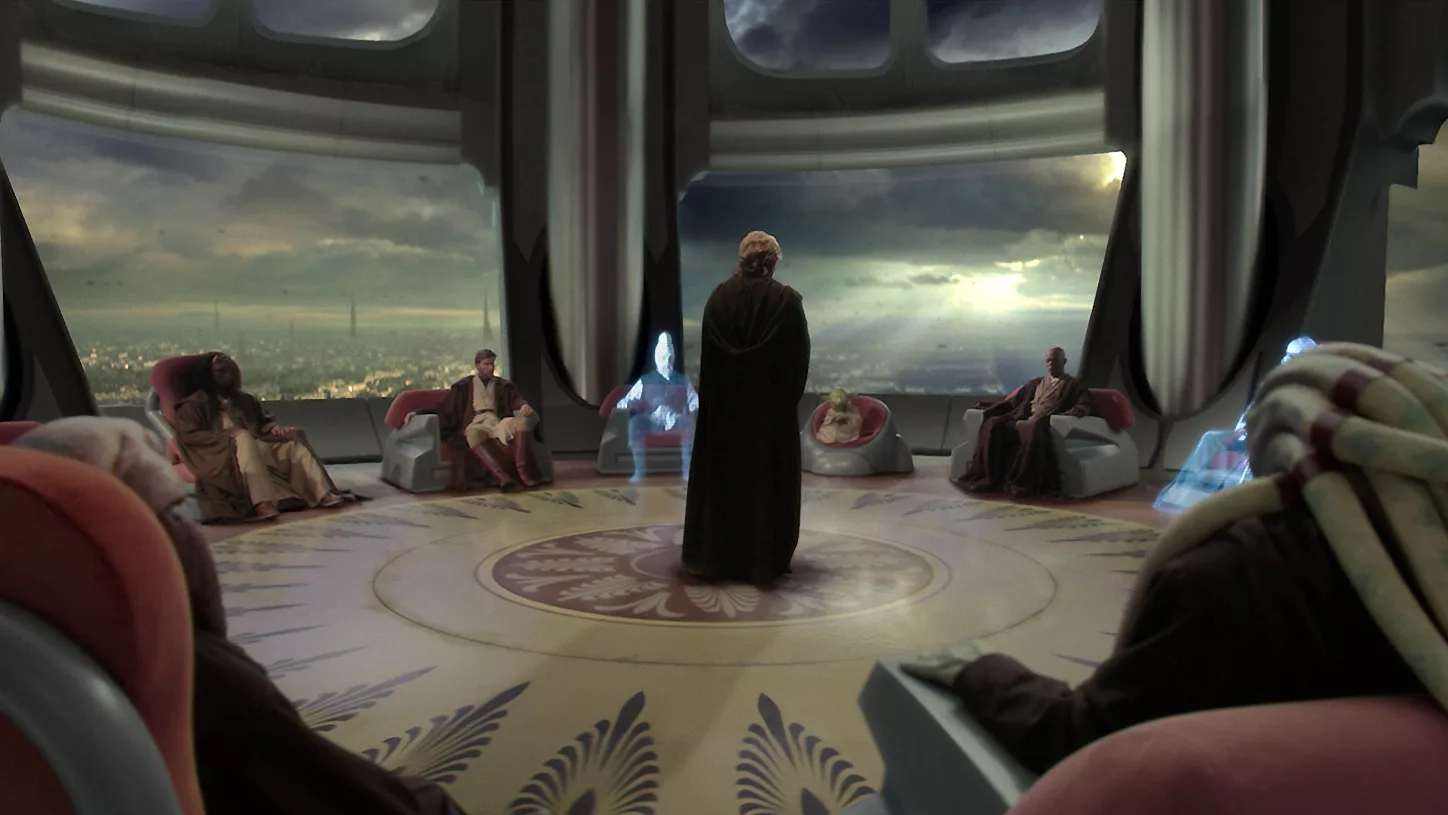
Allowing Anakin to become a Jedi was arguably one of the most consequential decisions in the history of the galaxy, and it was made based on a prophecy that the Jedi Council didn’t even understand. The Empire, by contrast, makes its policy decisions based on evidence and carefully constructed plans. Would you really want to be ruled by a government that prioritizes vague prophecies over common sense?
The Empire almost ushered in intergalactic peace
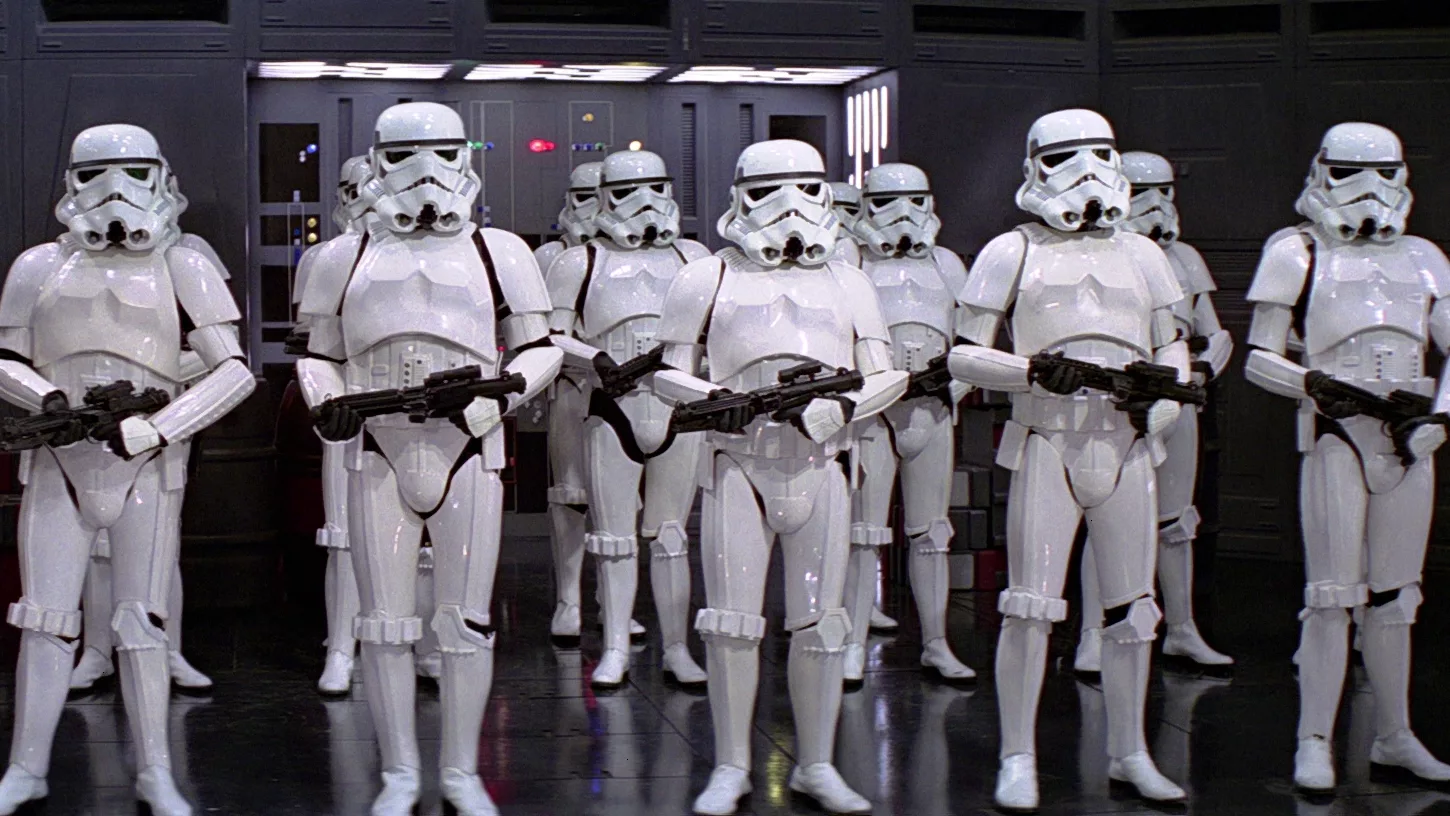
The question of whether Palpatine was actually the good guy can be answered by asking a simple question: what would have happened if the Rebels hadn’t attempted to overthrow the Empire? The answer is that virtually all of the bloodshed depicted in the original trilogy – from the Battle of Hoth to the destruction of Alderaan – would have been averted, and peace would have reigned throughout the galaxy.
The Emperor genuinely cared about the galaxy
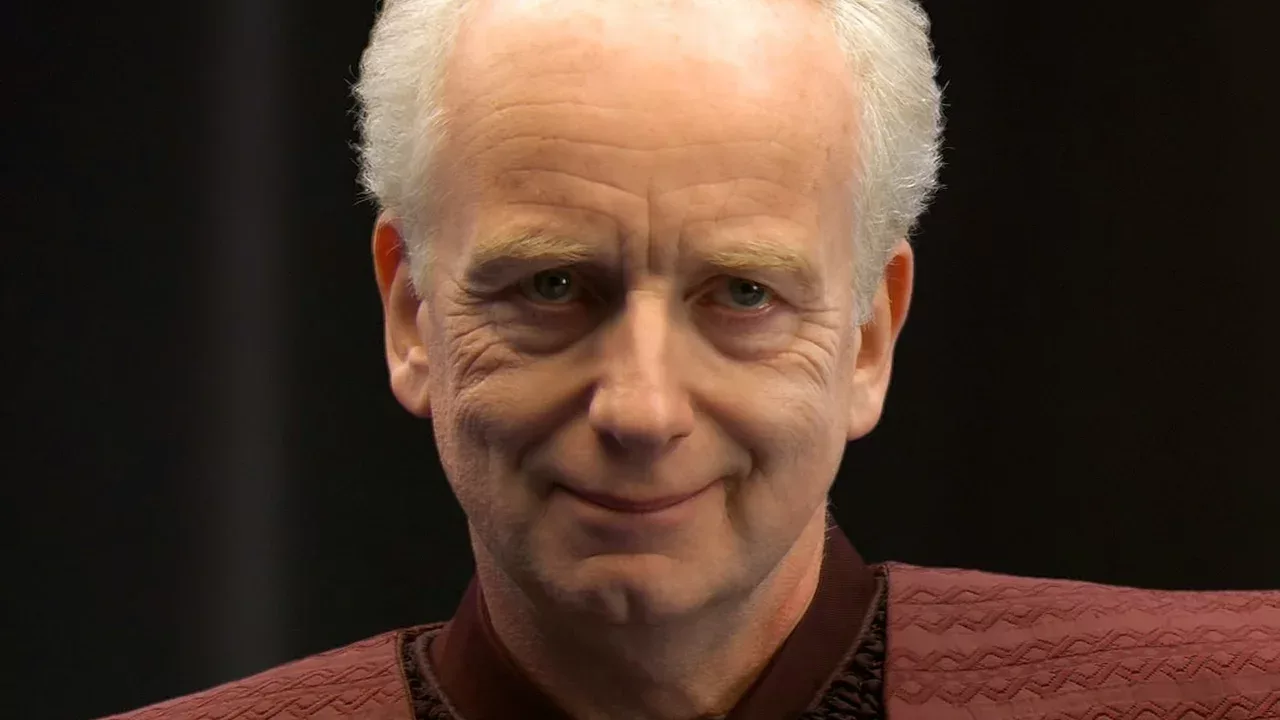
Palpatine’s plan for galactic domination was decades in the making, and once it had finally come to fruition he immediately busied himself with the business of establishing law and order. Even though he wielded unlimited power, Palpatine clearly had no interest in the luxuries that dictators normally covet, instead devoting himself purely to governance.
They give people plenty of chances
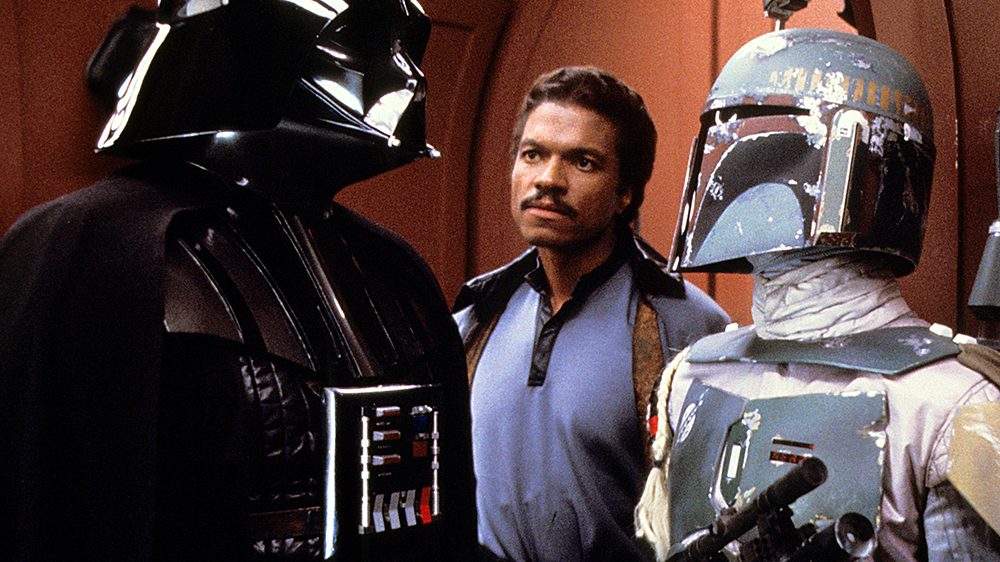
When the Empire’s soldiers track down the Rebels at Cloud City, in their eyes they are simply attempting to capture a group of terrorists. On top of that, Darth Vader gives Lando Calrissian plenty of opportunities to cooperate – even though he is essentially harboring a fugitive – and, had his conscience not got the better of him, Lando would have been left in peace after selling out Han Solo.
The Empire encourages the arts
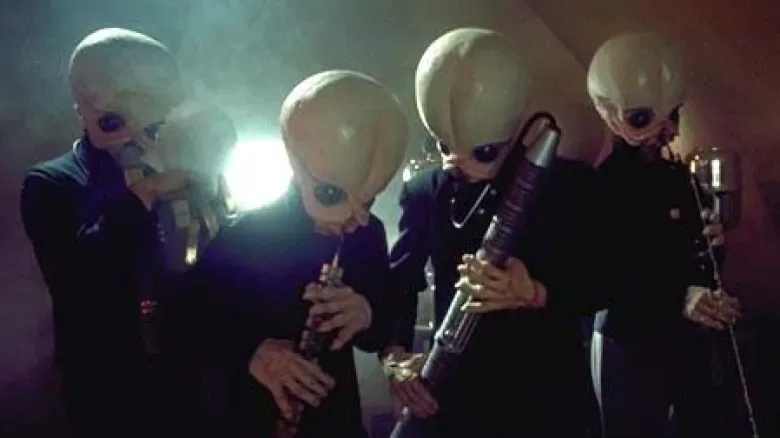
While it might seem like the Empire is only concerned with furthering its military might and stamping out dissent, it also takes a surprisingly keen interest in promoting art and culture throughout the galaxy. The Empire even has its own orchestra, known as the Imperial Symphonic Orchestra, which is comprised of the most talented musicians in the galaxy.
The Jedi had an unhealthy view of human nature
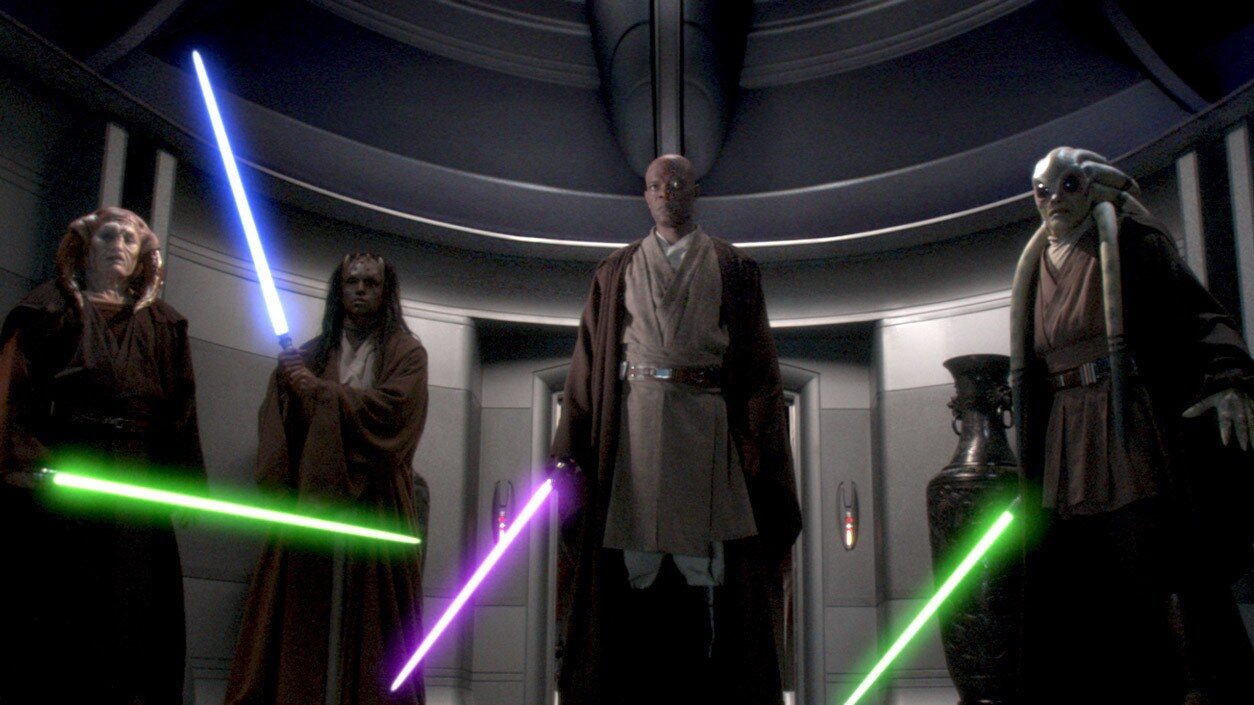
According to the Jedi, only the Sith deal in absolutes (a statement which is, ironically, an absolute), but in reality it’s more like the other way round. The Jedi strive to eliminate emotions like anger, fear and hate, but these are intrinsic parts of human nature and trying to repress them eventually leads to even greater problems. The Sith, on the other hand, embrace the full spectrum of human emotion.
They were upfront about their intentions
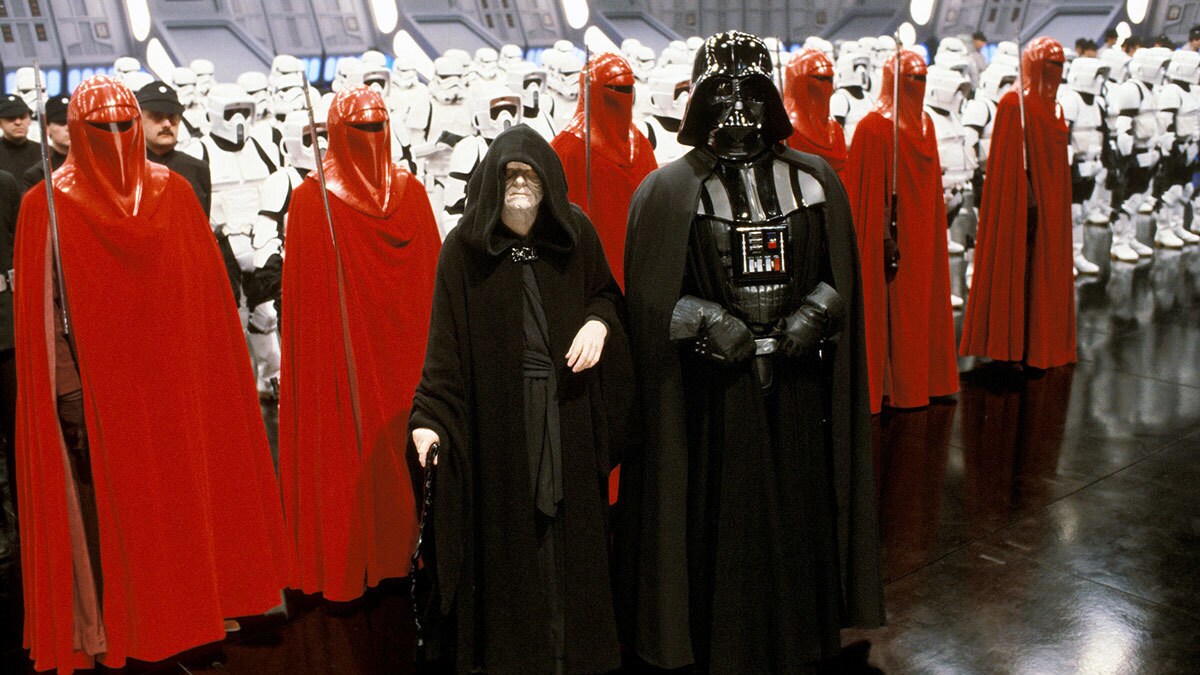
Once Palpatine had destroyed the Galactic Republic and the Jedi Order, his new Empire was completely upfront about its plans to bring oversight and order to the galaxy, including places previously ignored by the Galactic Republic. The same cannot be said for the wheedling, corrupt politicians of the Senate, or the Jedi themselves, who use the Force to manipulate the minds of anyone who disagrees with them.
The Jedi were disinterested in actually helping people
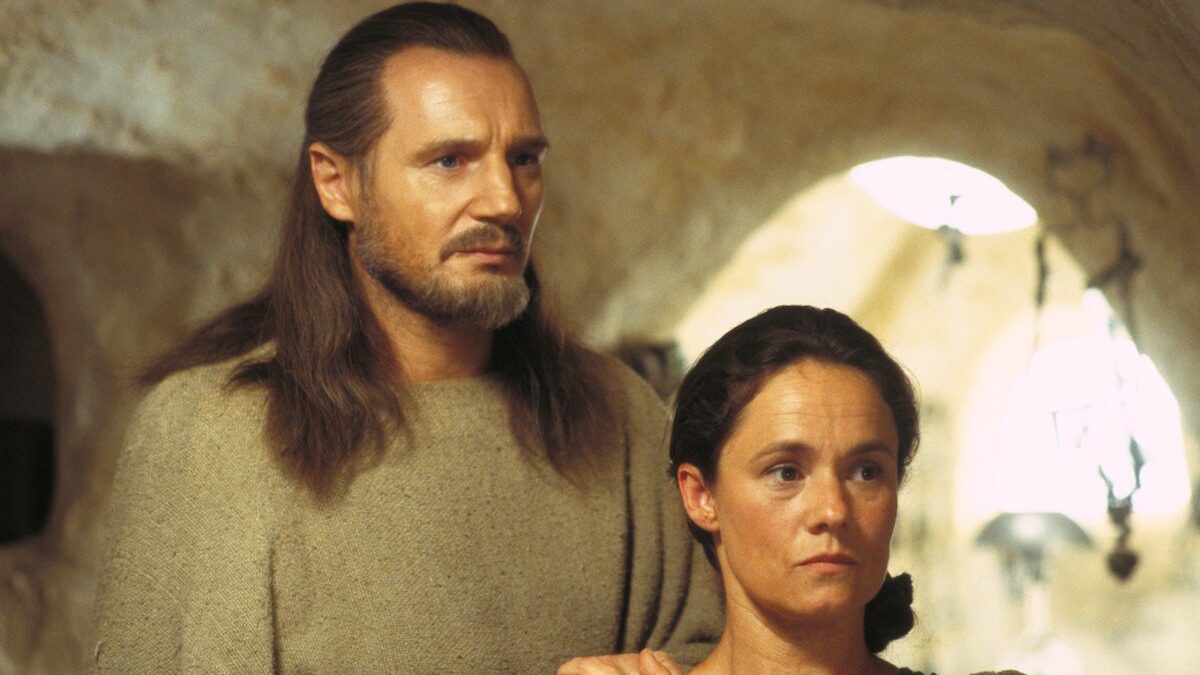
The Jedi were so consumed with their grand missions that they didn’t actually care about helping individuals. Qui-Gon, for example, explicitly tells Shmi that he’s not there to help slaves, even though doing so would be easy for him. By contrast, Imperial Captain Ciena Ree goes out of her way to save the lives of innocents during skirmishes with the Rebels.
The Empire had reasons for treating certain planets harshly
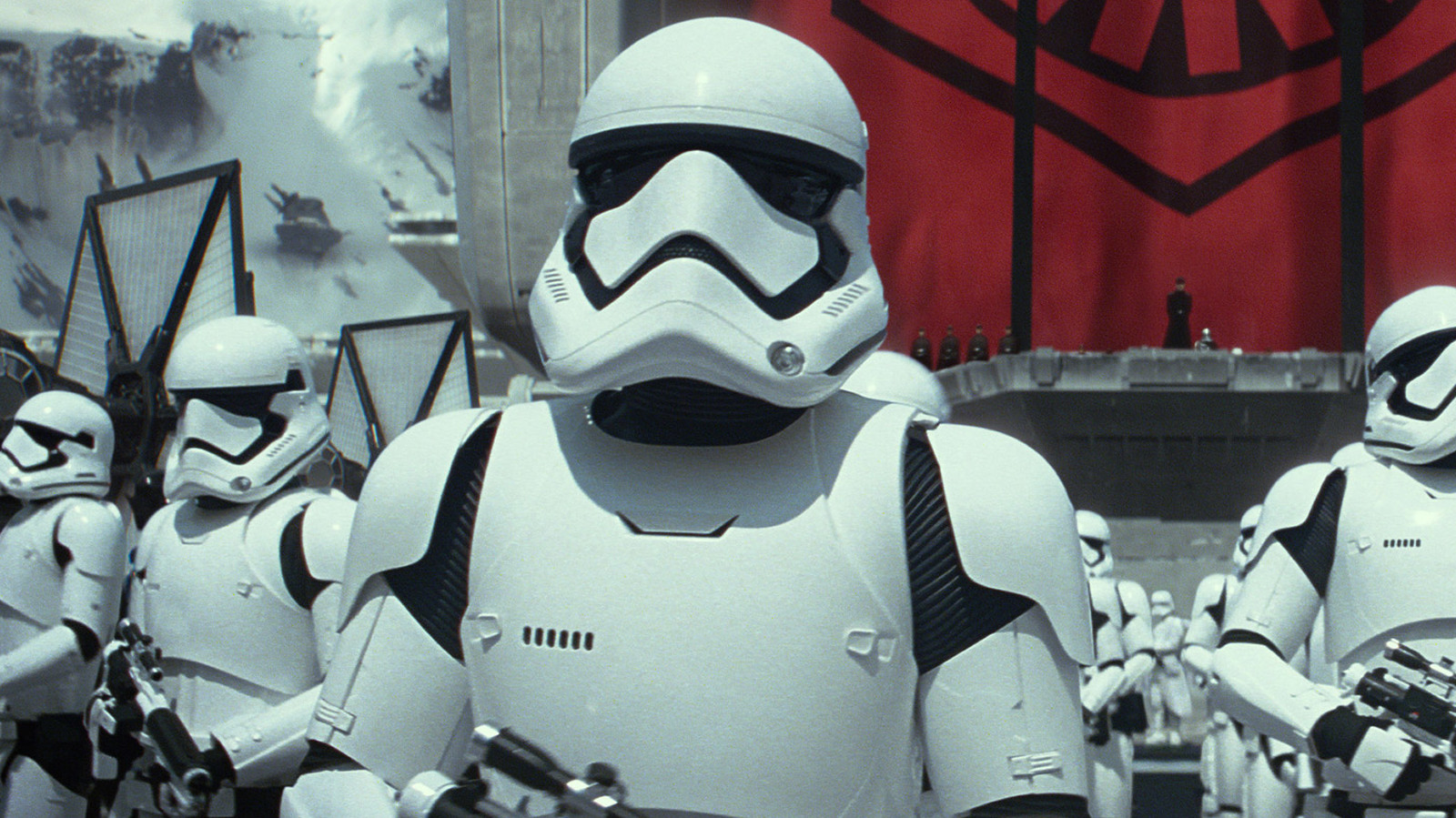
The Empire is often accused of prejudice in the way it treats certain planets. However, on closer inspection, most of these planets were heavily involved in attempting to overthrow the Empire, so maintaining a tighter level of control makes complete sense and was, if anything, an example of responsible governance.
The Empire’s results speak for themselves
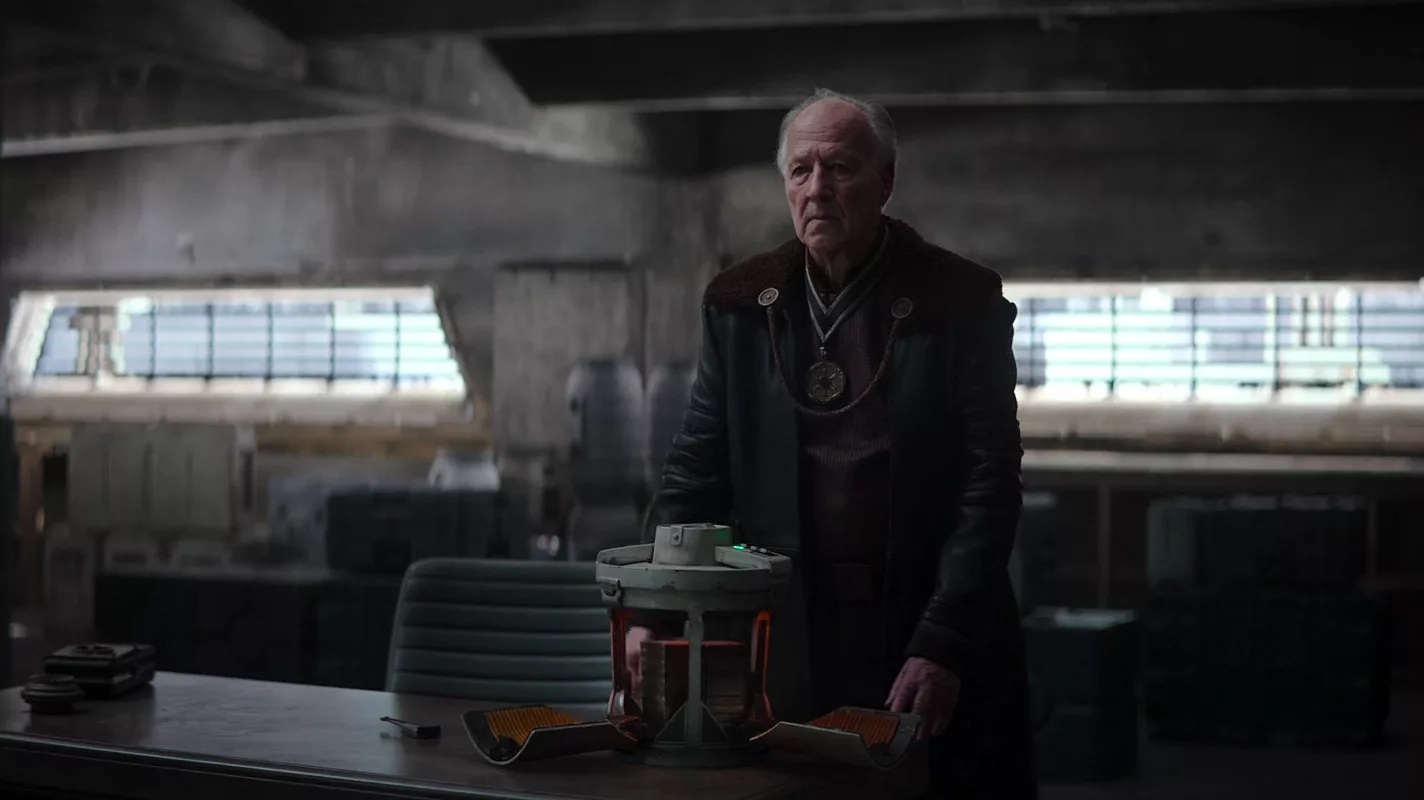
Say what you will about the Empire’s methods, but one thing is for certain: they worked. Although his account is arguably somewhat biased, The Client sums it up in The Mandalorian when he states “The Empire improves every system it touches… Judge by any metric: safety, prosperity, trade opportunity, peace.”
Things got worse after the Empire fell
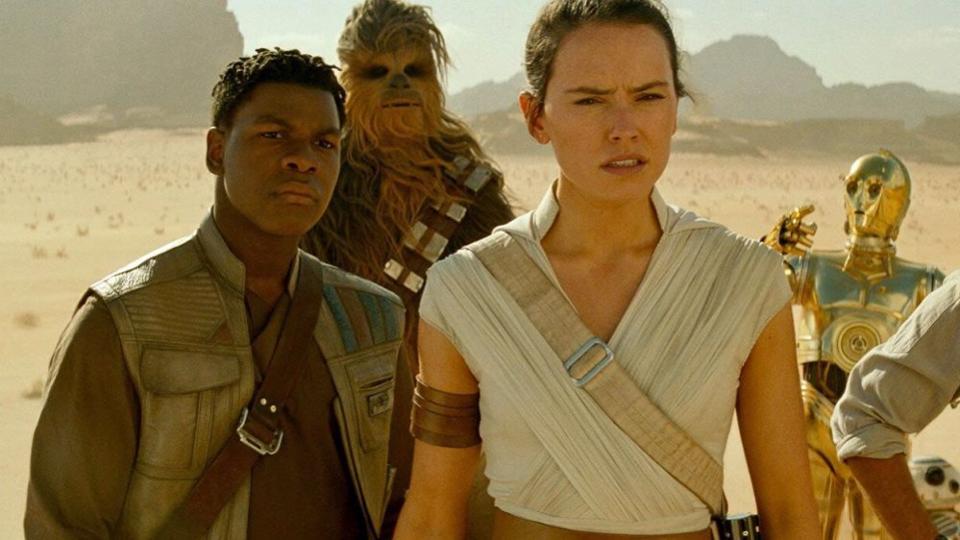
For conclusive proof that the Empire improved the galaxy, you only need look at what happened after it fell. Instead of ushering in an age of peace and prosperity, the Rebel Alliance proved completely incapable of governing effectively, and it was only a matter of years before the galaxy was plunged back into strife and war.
The Empire is filled with true believers
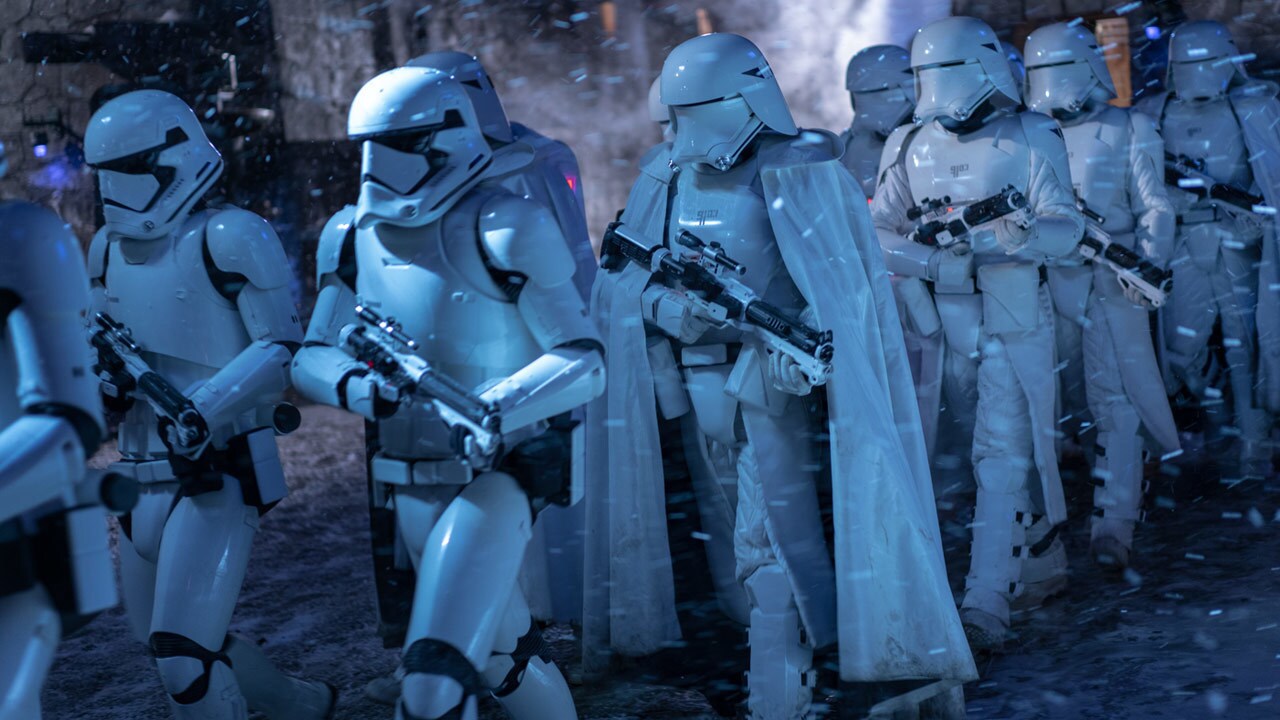
It’s easy to see the Empire as nothing but an extension of Palpatine, but the fact that it endured long after his fall proves that this isn’t the case. The remnants of the Empire that continue to fight the New Republic essentially become the new rebels, a group of brave men and women fighting for what they truly believe is right.
The Empire was so effective it nearly won twice
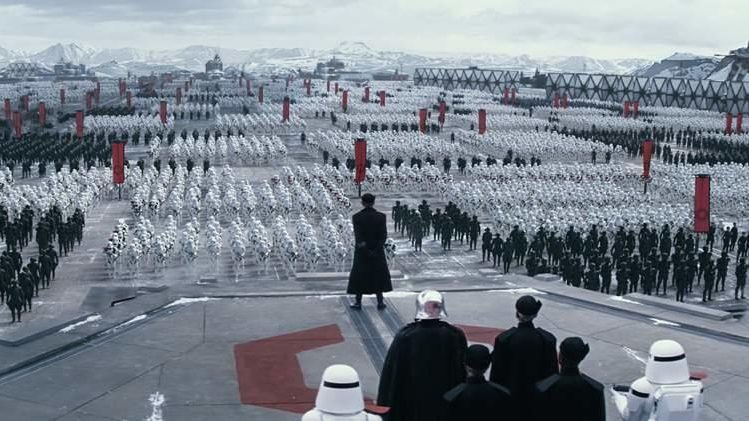
After Palpatine was overthrown, the Rebels probably assumed that the Empire had been vanquished once and for all. Instead, the Imperial Remnant rebuilt in secret, before nearly overthrowing the New Republic. The fact that the Empire was almost able to achieve galactic domination twice perfectly illustrates why it was the best candidate to rule the galaxy.
Imperialists put the galaxy first
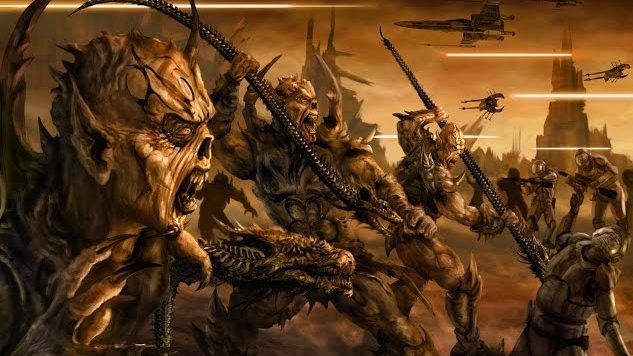
When the Yuuzhan Vong – a race of technologically-advanced aliens with a natural resistance to the Force – attacked the galaxy, the Imperial Remnant joined forces with the New Republic to repel the threat. If the invasion had gone down while the Galactic Empire was still in power, it’s pretty hard to imagine the Rebel Alliance swallowing their pride in a similar manner.
The Republic didn’t live up to its own ideals
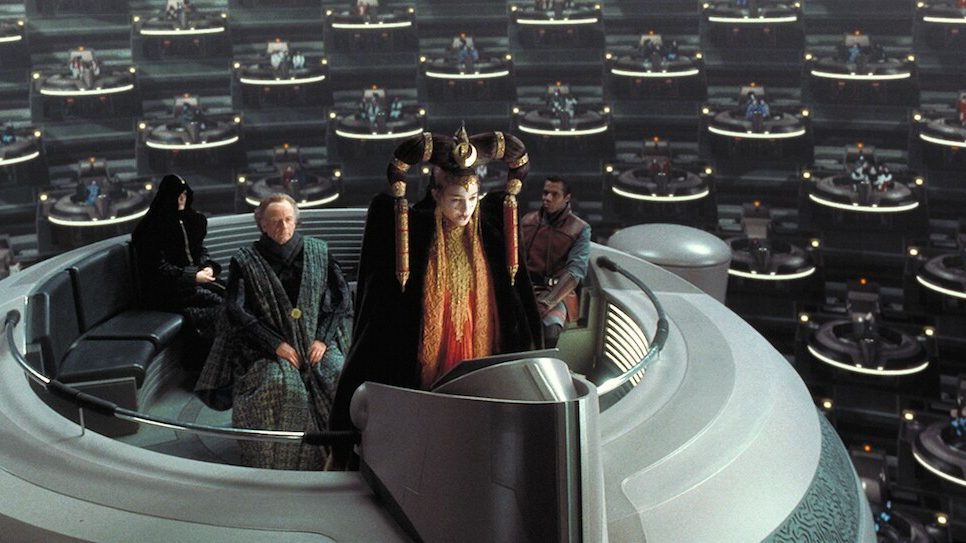
The Galactic Republic was supposedly founded on ideals of democracy and freedom, but this was quickly exposed as nothing but a veneer when a group of planets attempted to secede. While they had absolutely no good reasons to not let these planets go their own way, the Republic immediately responded with brutal, repressive measures.
The Empire has a good grounding in political philosophy
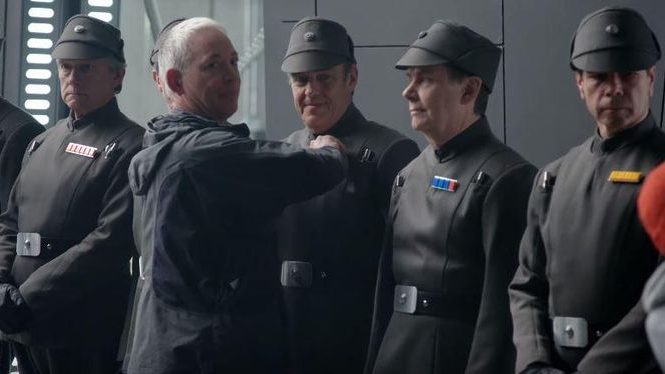
In Leviathan – one of the most influential books ever written about politics – Thomas Hobbes laid out the argument that the only way to guarantee peace is to hand control to a sovereign who wields limitless power. This perfectly describes the Empire, and proves that it’s not just the cartoonish caricature of evil it’s often made out to be.
The Empire is capable of showing mercy
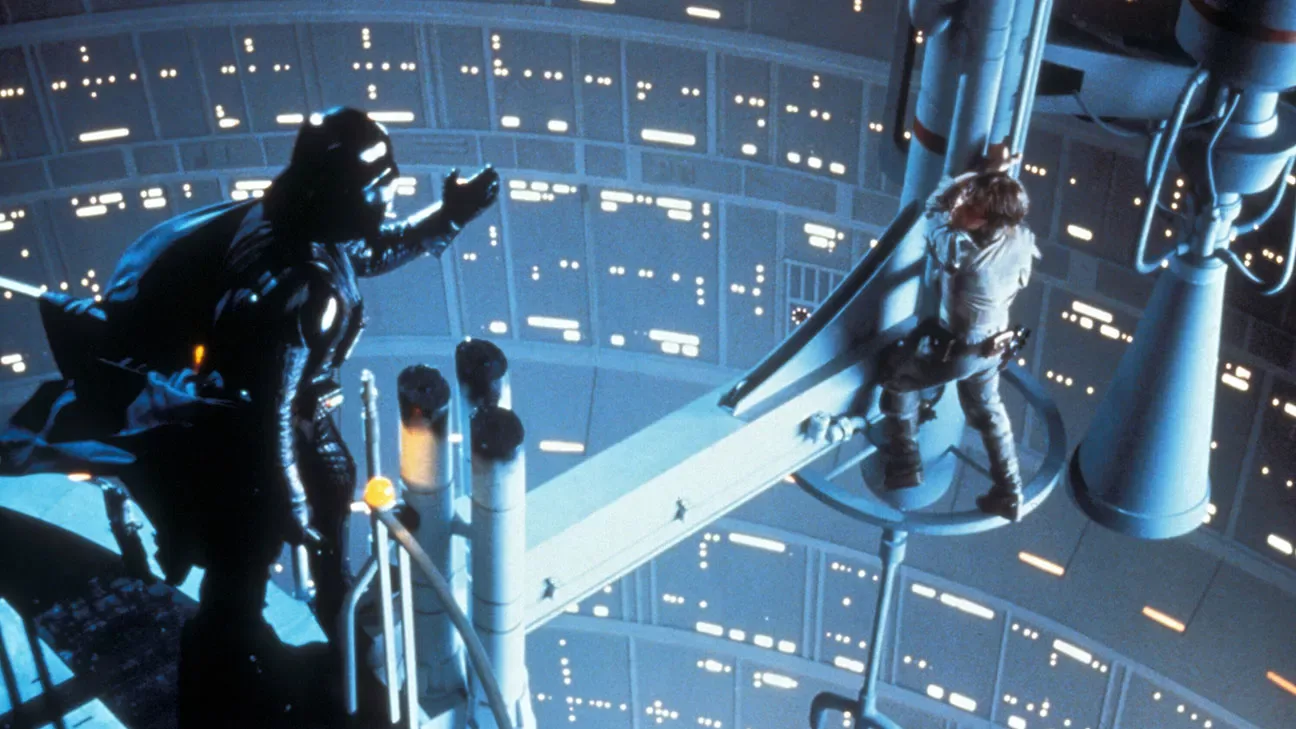
On the surface, the Empire might seem like the personification of ruthlessness, but this impression falls apart under scrutiny. Darth Vader, for example, was willing to spare Luke’s life in Cloud City, offering him a chance to join the Empire instead. It could be argued that this was because Luke was his son, but it’s safe to assume that Vader’s loyalty to Palpatine outweighed his paternal instincts.
Yoda didn’t seem to care all that much about the galaxy
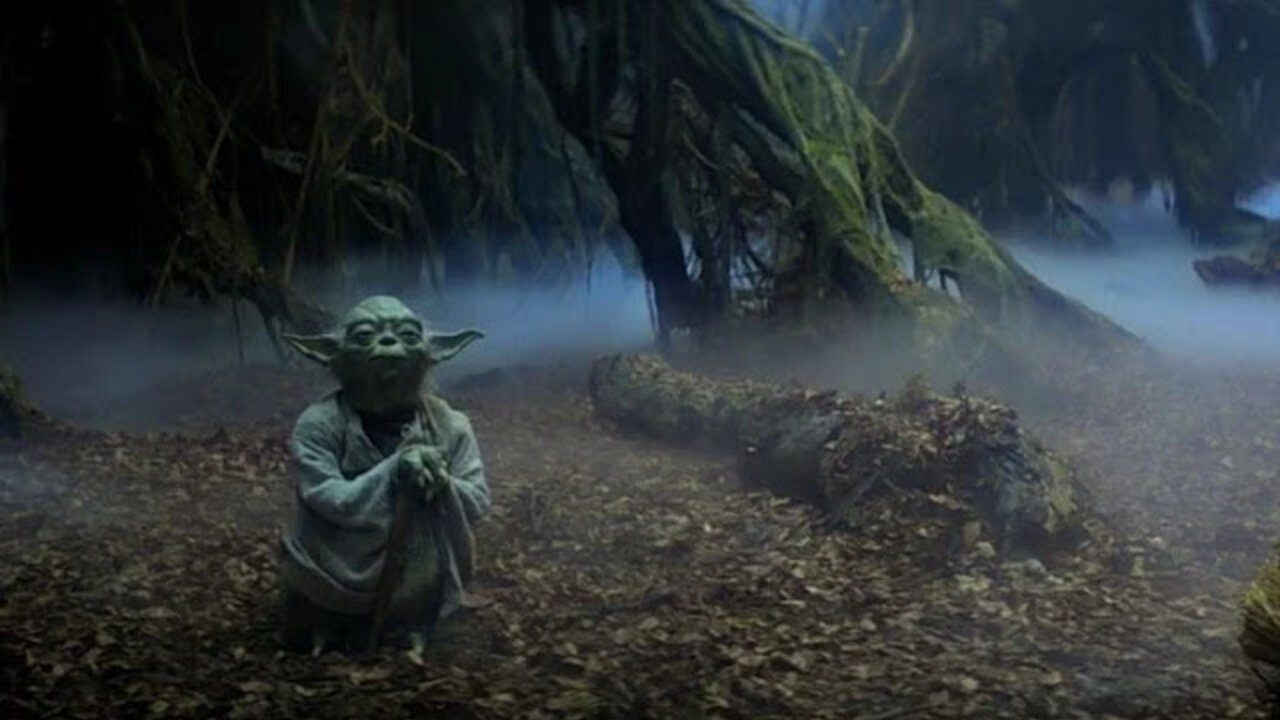
As the head of the Jedi Council, Yoda was one of the most influential people in the galaxy. He also didn’t really seem to care all that much about its fate. After Order 66, instead of using his immense power to organize resistance, Yoda simply retreated to Dagobah and went into hiding. Clearly, the Emperor was much more concerned with the galaxy’s future.
The Empire prioritized human employment over automation
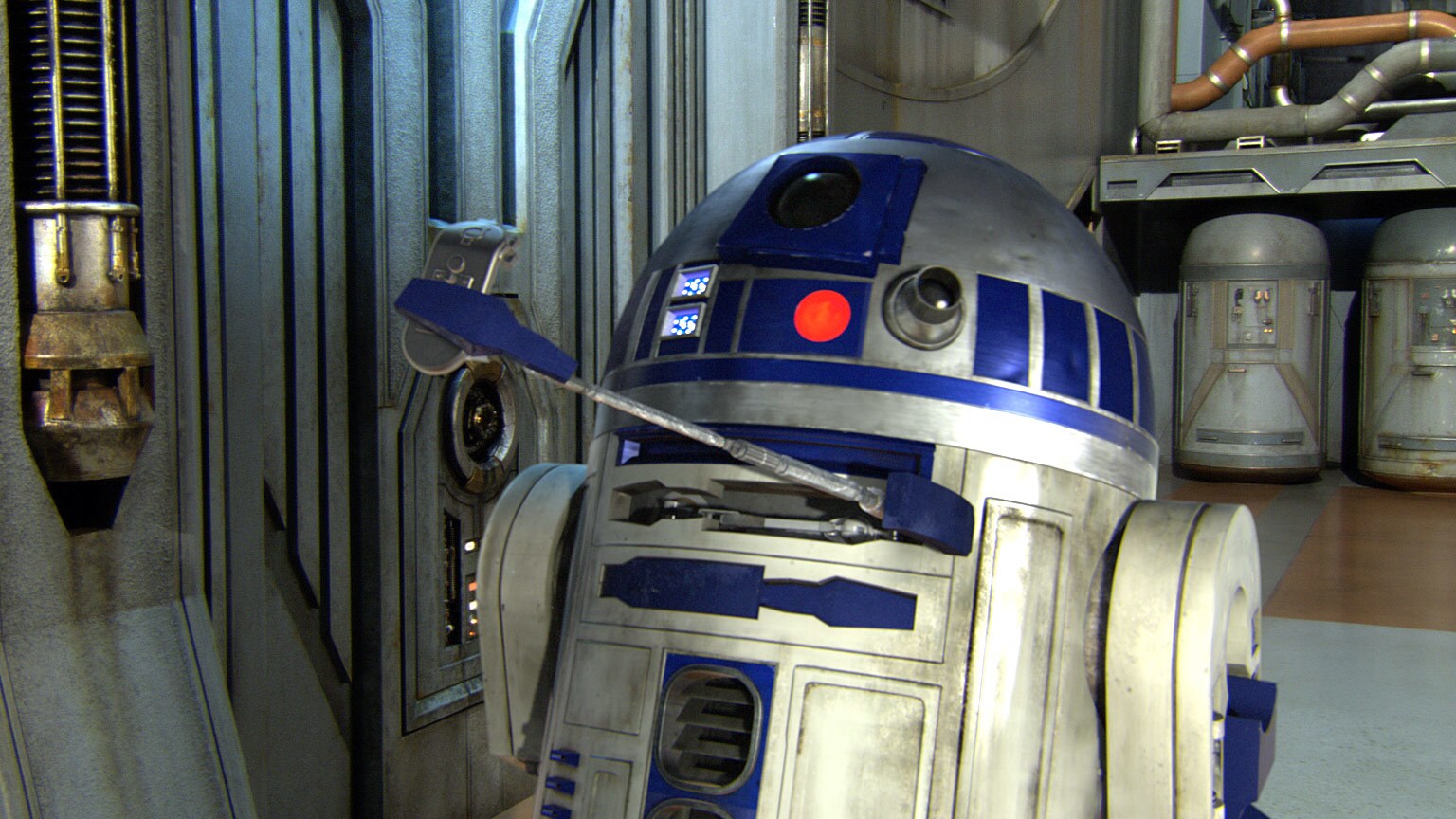
Droids in the Star Wars universe are so advanced that they could easily be used to replace humans in pretty much any imaginable job. While this would be a lot cheaper, the Empire prioritizes human employment, ensuring that anyone who wants it can have a means of providing for themselves and their families.
It didn’t use sentient droids in its battles
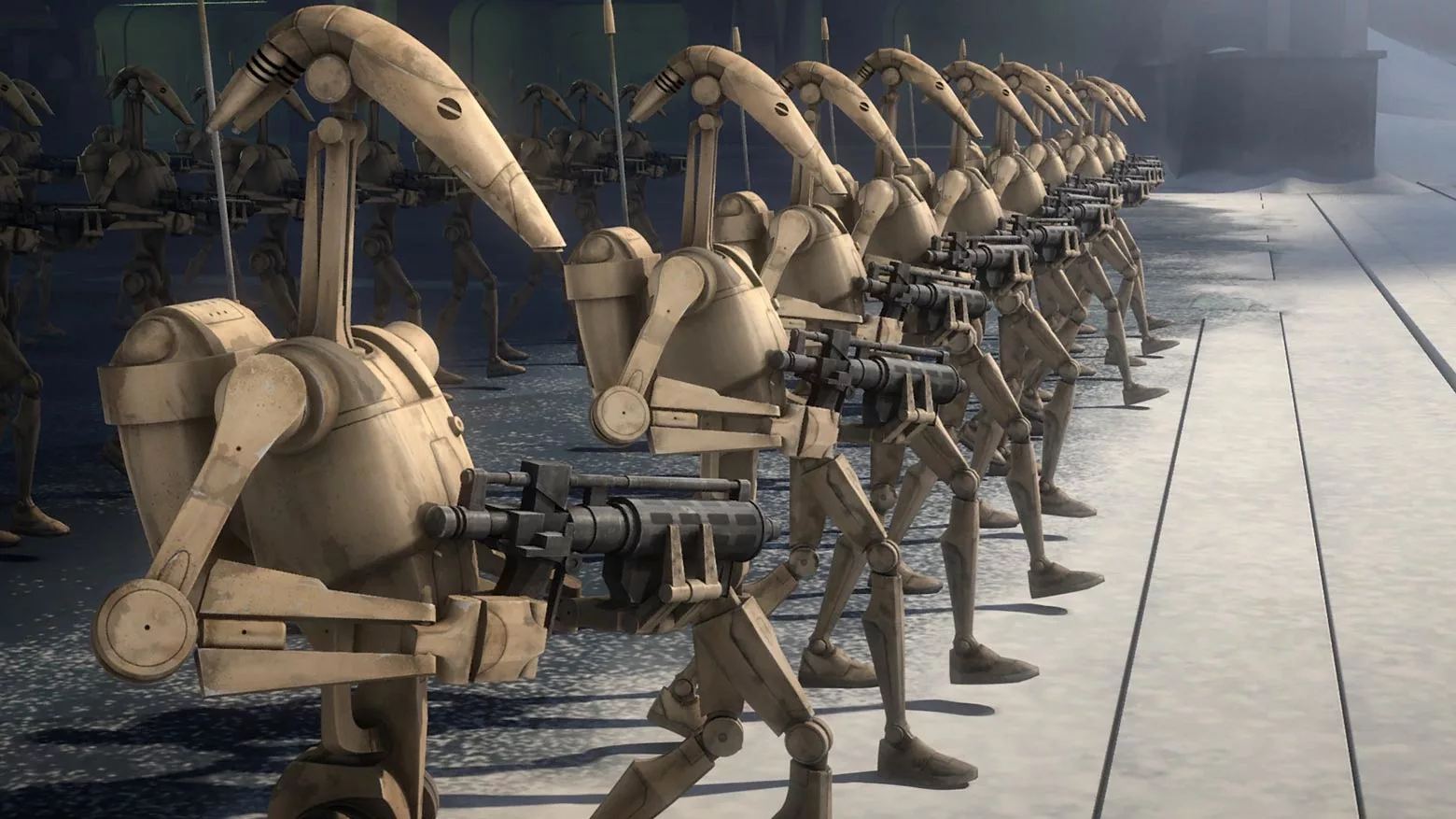
In much the same way as the Empire’s decision to stop using clones can be seen as ethical, so too can its choice to not create armies of droids. While droids are completely synthetic forms of life, their behavior makes it pretty clear that they’re sentient and capable of experiencing emotions such as fear, making it pretty abhorrent to use them as cannon fodder.
Ordinary people didn’t have a say before the Empire, either
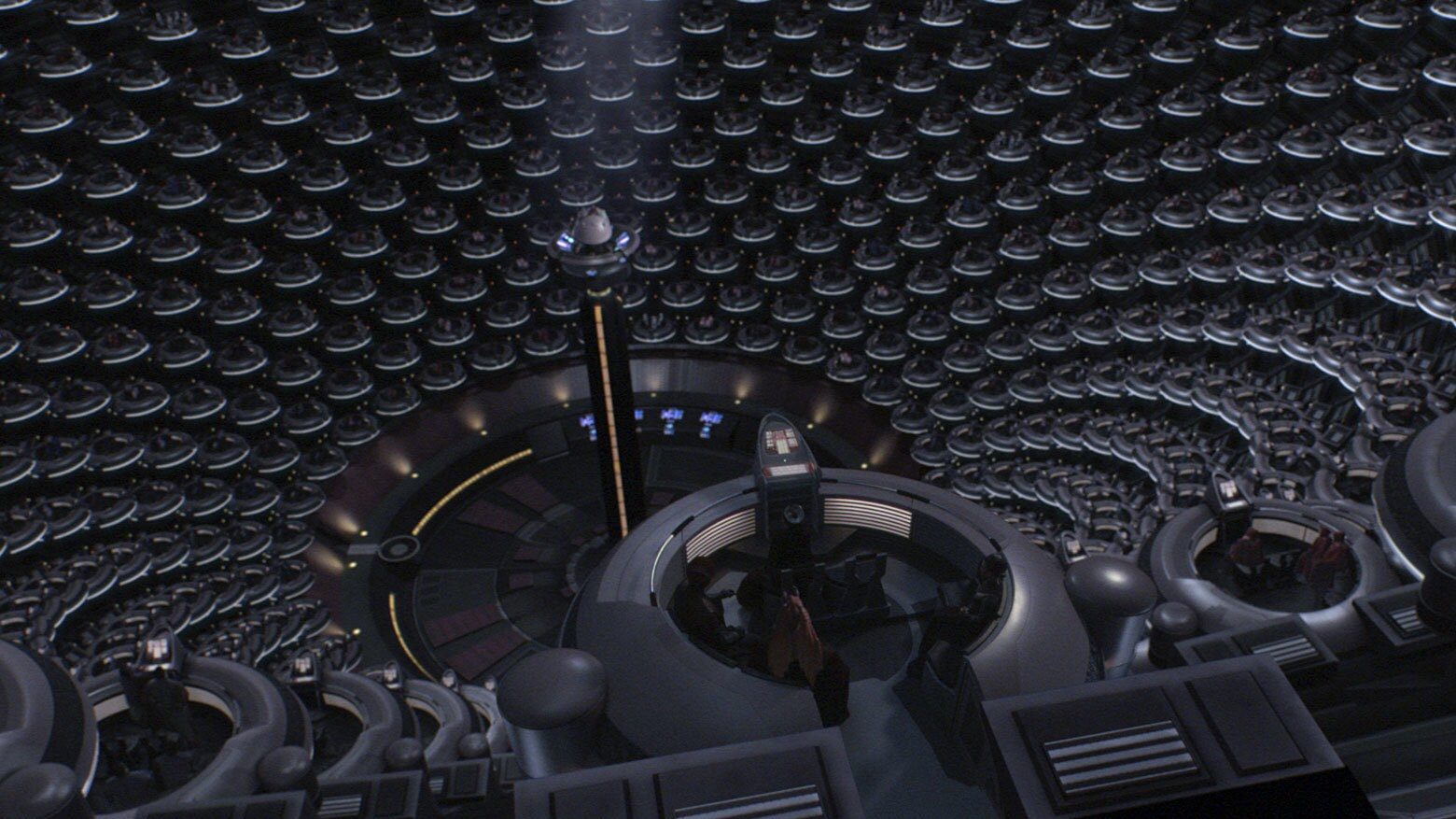
One of the main criticisms that gets leveled at the Galactic Empire is the fact that it is a dictatorship, with everyday citizens having no influence on policy. However, while the Republic was notionally a democracy, in practice it completely disregarded the desires of the people it claimed to represent. For most citizens, the only change they experienced after the Empire took power was that their lives got safer.
The Rebels only won because Vader betrayed Palpatine
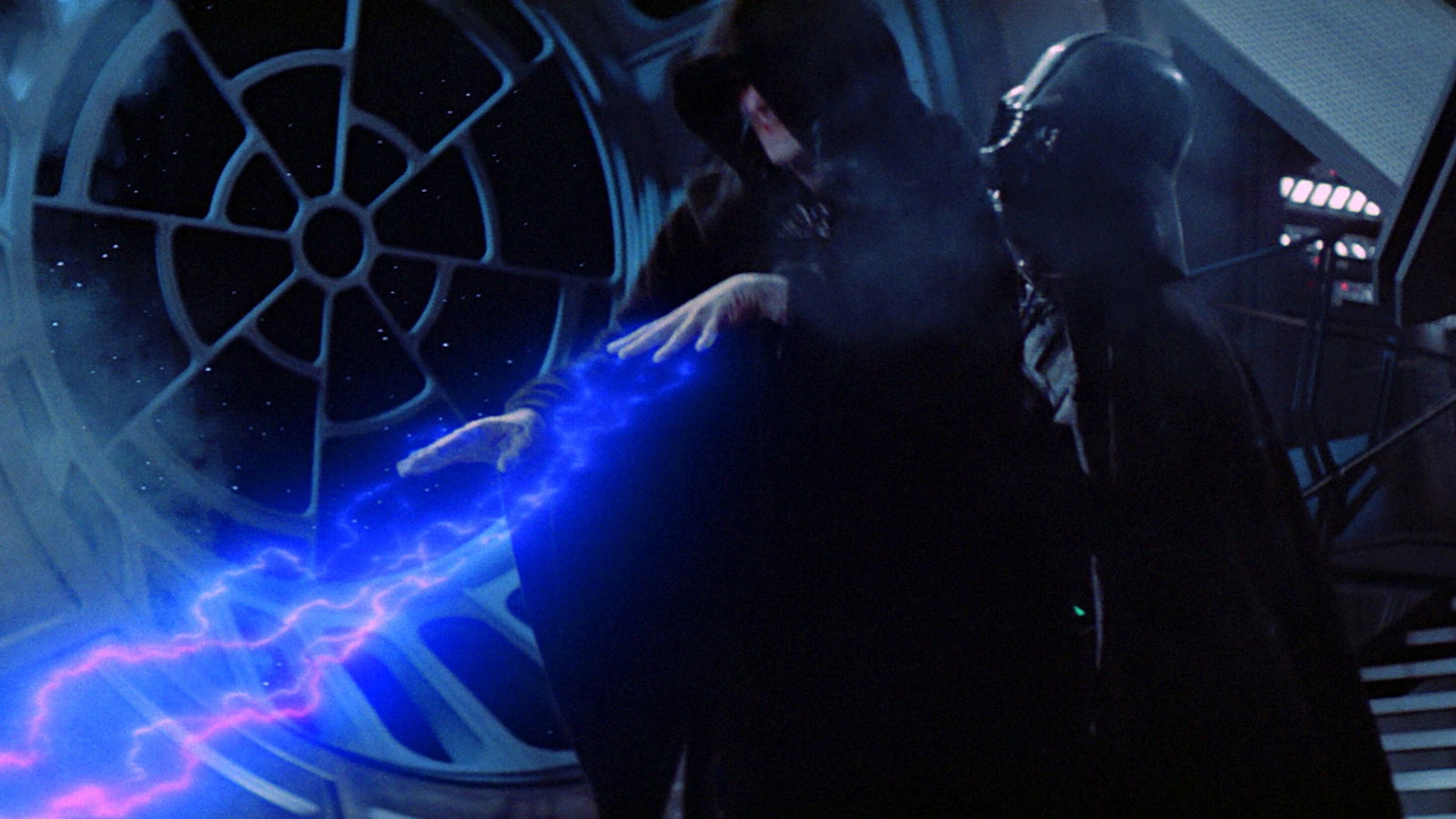
The only reason that the Rebels actually triumphed over the Empire is because Vader turned on Palpatine, a completely unforeseeable turn of events that the Rebels can’t take credit for. The fact that the Empire could only be defeated by betrayal demonstrates how powerful it was, and shows that the Rebels were never up to the task of replacing it.